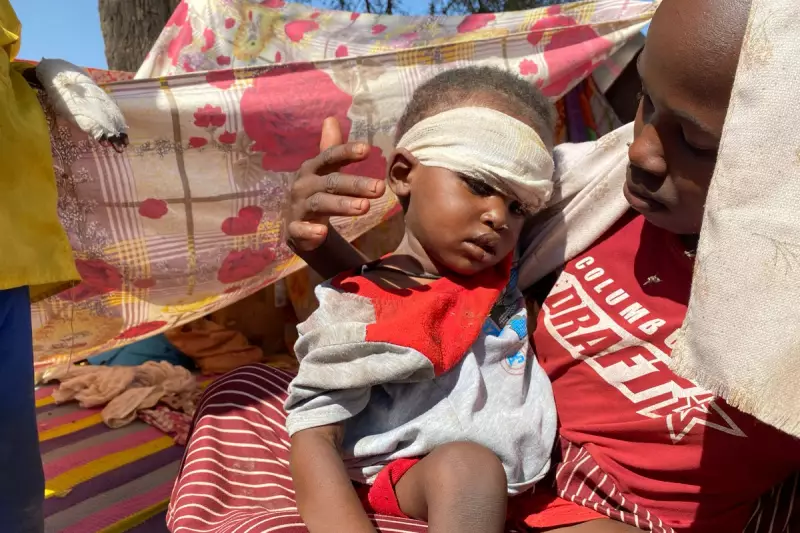
The strategic North Darfur capital of El Fasher stands on the precipice of a devastating humanitarian catastrophe as Rapid Support Forces (RSF) paramilitary fighters tighten their siege on the city, now the final major urban centre in the region resisting their advance.
City Under Siege: The Battle for Darfur's Last Stronghold
Eyewitness accounts and humanitarian reports describe a city completely encircled by RSF troops, with supply routes severed and essential services collapsing. El Fasher, once a sanctuary for hundreds of thousands of displaced people, has transformed into a trap where civilians face imminent danger from all sides.
The International Criminal Court has taken the extraordinary step of launching a new investigation into alleged war crimes and crimes against humanity, with Prosecutor Karim Khan expressing "grave concern" about the escalating ethnic violence and reports of mass killings.
Ethnic Cleansing Fears Resurface in Darfur
Human rights organisations are documenting disturbing patterns of violence that echo the darkest days of the early 2000s Darfur genocide. Satellite imagery analysis reveals systematic village burnings while survivors report targeted attacks against specific ethnic communities.
"We're witnessing a deliberate campaign to displace and destroy non-Arab communities in Darfur," said a humanitarian worker who requested anonymity for security reasons. "The patterns are horrifyingly familiar."
International Community Sounds Alarm
United Nations officials have issued increasingly desperate warnings about the situation unfolding in El Fasher. The city's main hospital has reportedly been shelled multiple times, while food and medical supplies dwindle to critical levels.
- Over 500,000 civilians trapped in the crossfire
- Water and electricity systems near total collapse
- Humanitarian access completely blocked by fighting
- Mass graves reported in surrounding areas
ICC Prosecutor Demands Immediate Action
Karim Khan has emphasised that his office is actively collecting evidence and will not hesitate to prosecute those responsible for atrocities. "The world cannot claim it didn't see this coming," Khan stated, referencing the historical context of violence in the region.
The conflict between the Sudanese Armed Forces and the RSF has now entered its second year, creating the world's largest displacement crisis with over 8 million people forced from their homes. The battle for El Fasher represents a potentially decisive turning point in this devastating war.
International diplomatic efforts to secure a ceasefire have thus far failed to produce meaningful results, leaving civilians to face the brutal consequences of this escalating confrontation.





